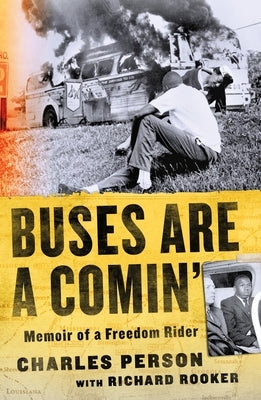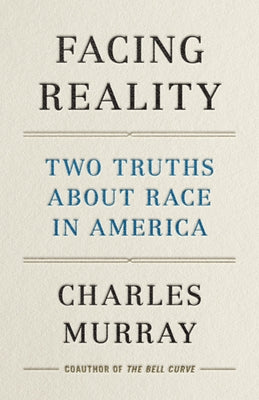Description
I think if I had been asked to name this work that comes to us from the rare mind and tender heart of 'Gene Debs, I would have called it "The Old Umbrella Mender." It was this tragic, touching tale that I first read in the manuscript; and it is the memory of this that will always return to me when I think of the book. It is the perfect painting from the artist's brush-the sculptured monument from the master's chisel-that makes one lowly, loyal soul to live forever in the hearts of humanity's lovers. Not but that every line in the book is a treasure, and every sentiment brought forth an appeal to all that makes for justice, and equality, and freedom; nor will it detract from, but rather add to, the beauty and inestimable value of the entire collection if others, likewise, carry with them the image and memory of the old umbrella mender, as they travel with Debs the struggling, storm-tossed way of Labor and Freedom.
About the Author
Eugene Victor Debs, born November 5, 1855 in Terre Haute, Indiana and died October 20, 1926 in Elmhurst, Illinois, is an American politician, trade unionist and socialist, a founder of the Industrial Workers of the World (IWW, Industrial Workers of the World). He is a candidate of the Socialist Party of America for the presidential elections on five occasions. The beginnings of popularity Eugene Victor Debs was born in Terre Haute, Indiana, where he lived most of his life. His father, Jean-Daniel Debs, is a bourgeois son of Colmar in Alsace (France) who marries a worker with whom he emigrated to the United States after the failure of the workers' revolution of June 1848 in Paris. His first names are chosen in homage to the writers Eugène Sue and Victor Hugo, sensitive to the fate of the workers (see in particular Les Misérables). At the age of 14, he left the family home and worked in the railways, becoming a driver. He returned home in 1874 and worked as a salesman. The following year he became a founding member of the new Lodge of the Brotherhood of Drivers. He quickly progressed to fraternity, first becoming assistant editor-in-chief for their newspaper and then editor-in-chief and grand secretary in 1880. At the same time, he became an unavoidable protagonist in the community and was elected to the state legislature Of Indiana for the Democratic Party. Rail fraternities were relatively conservative unions, more focused on providing services to members than in collective bargaining. Debs is gradually convinced of the need for a more global approach and confrontation. After his appointment as a great secretary he organized, in 1893, one of the first industrial unions in the United States, the American Railway Union (ARU). The union struggles and gets satisfaction from most of its demands in April 1894 in a social dispute over the Great Northern Railway.





![Correction Officer Study Guide and Practice Test Questions for Correctional Exams [4th Edition Book] by Rueda, Joshua](http://surprisecastle.com/cdn/shop/files/img_11571de7-d1ee-4619-aa29-46b2d028037e.jpg?v=1731084192&width=533)














































